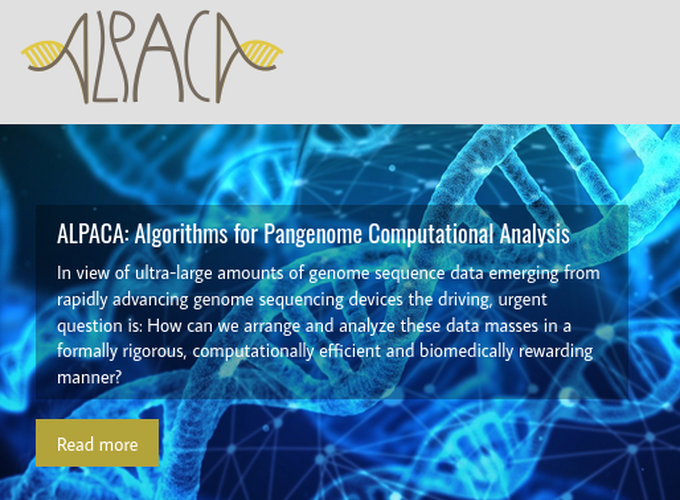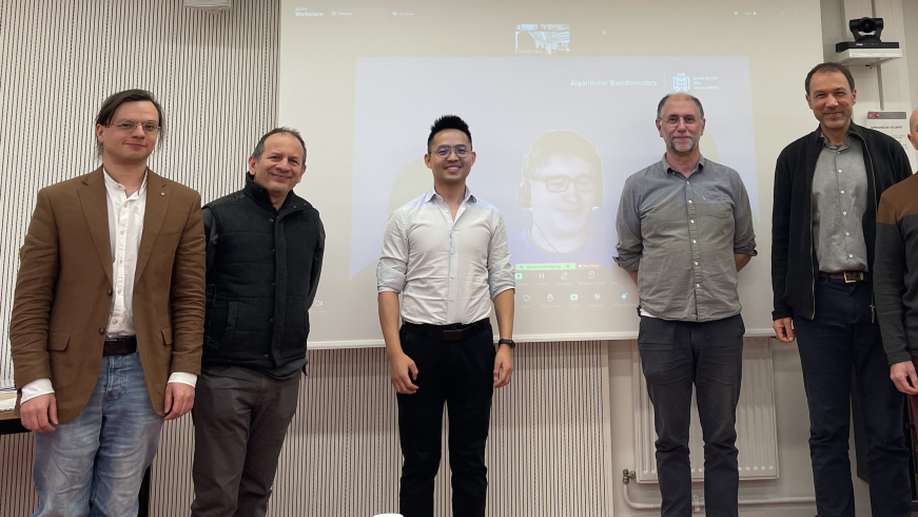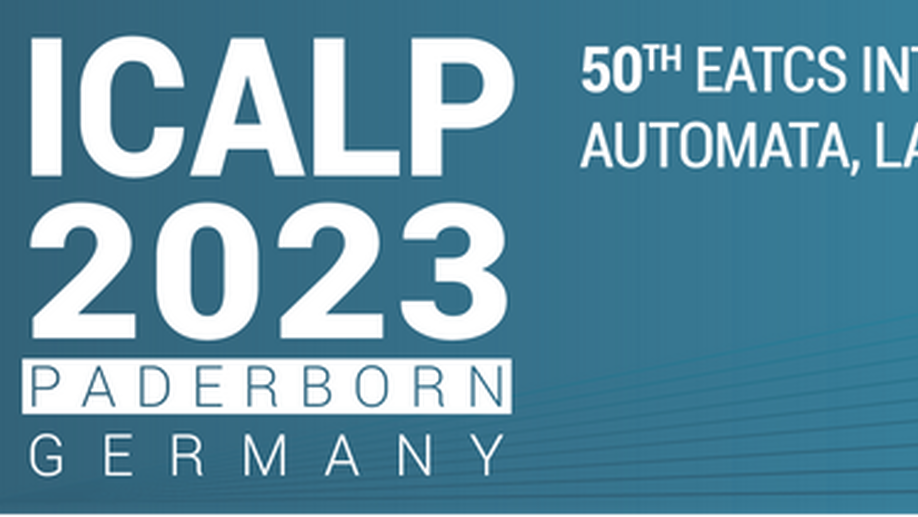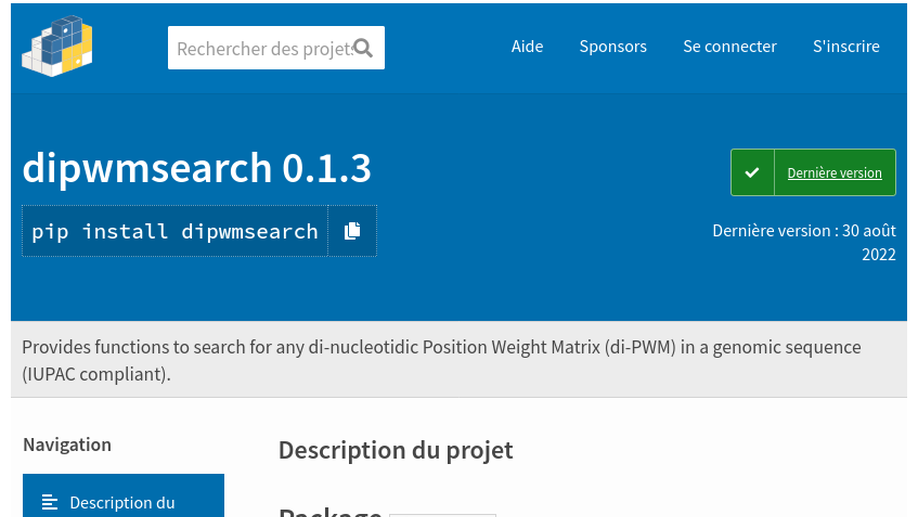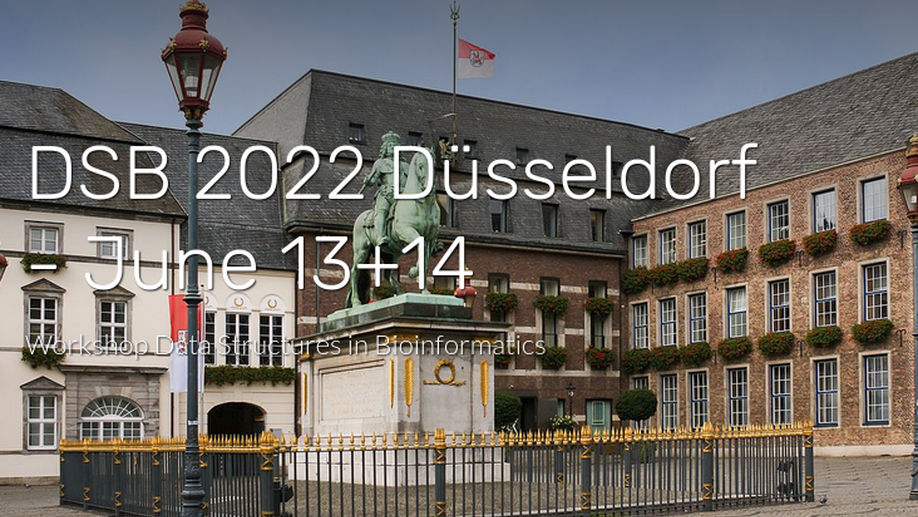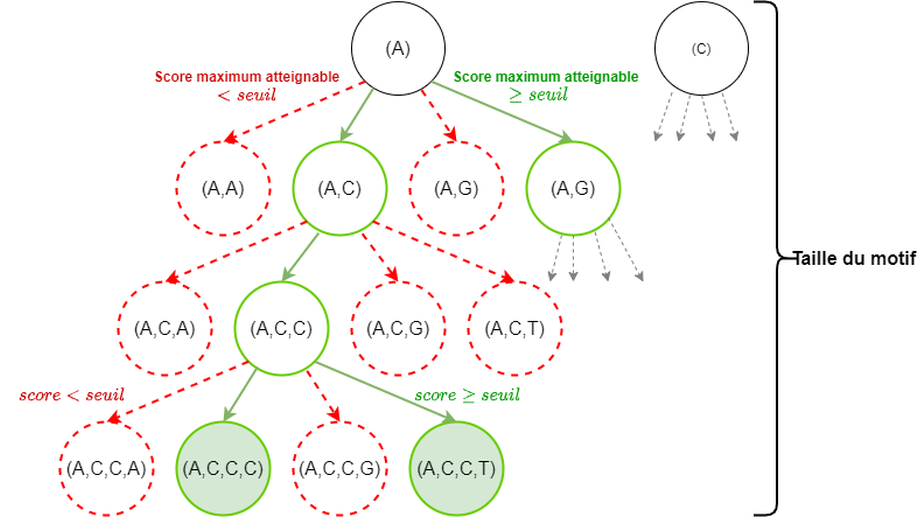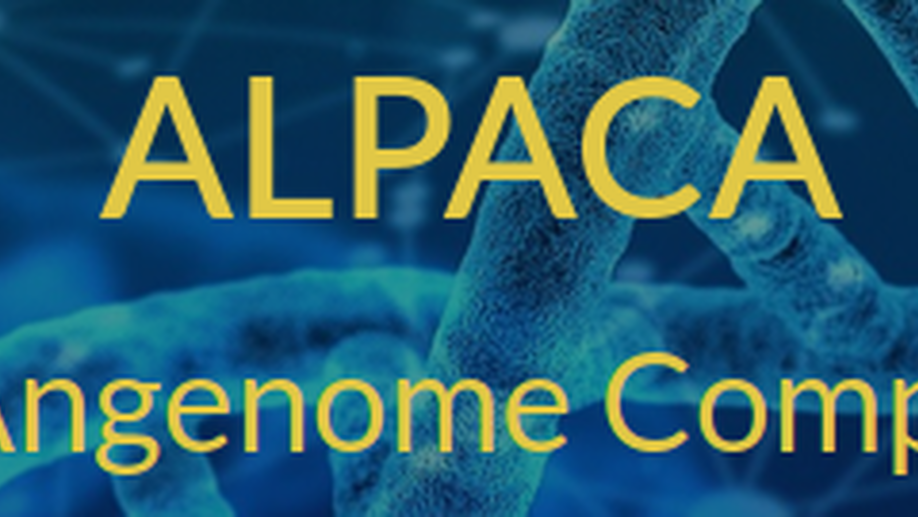Each individual has its own genome, its specific genetic blueprint. How are genetic variations among the population playing a role in disease development, in response to a changing environment, or during the organism development?
With the spread of high throughput sequencing, it becomes usual to sequence the genomes of many individual from the same species. Those genomes need to be addressed and interrogated in a way that takes advantage of their similarity, of their relatedness. Their storage, organisation and tools to manipulate them form a new area of research called Computational Pan-Genomics.
Stemming from a network of European groups working on Computational Pangenomics, ALPACA is a 4-year project gathering 13 institutes as participants, and 10 external partners from academy and industry. Its utilmate goal is to conceive and deliver efficient algorithms to process and exploit high quality pan-genome representations.
The EU funding allowed to recruit 14 PhD students, one in each participating institutes. In this context, Pengfei Wang joined the CNRS and has started his PhD at the LIRMM in our group.
This project has received funding from the European Union’s Horizon 2020 research and innovation programme under the Marie Skłodowska-Curie grant agreement No 956229
